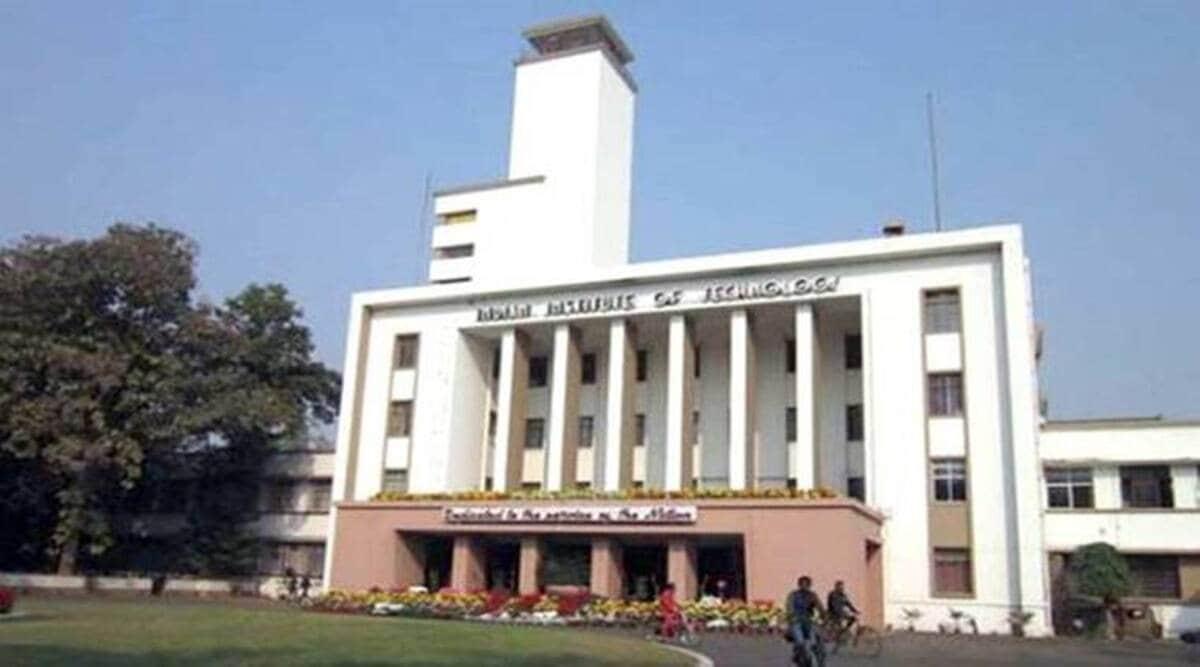 Image Source: Economic Times
Image Source: Economic Times
The Delhi High Court has granted Canon India significant interim relief by staying any coercive measures in connection with a Rs 2.24 crore Goods and Services Tax (GST) dispute, offering the company crucial legal protection while the case proceeds. This development comes amid heightened regulatory scrutiny related to alleged excess input tax credit (ITC) claims and short payment of GST for the financial year 2017-18.
Key Highlights: Nature of Dispute and Judicial Intervention
Canon India’s dispute stems from departmental audit observations in 2022, which flagged discrepancies regarding excess ITC availed and GST short-payments.
In 2023, despite Canon India’s detailed submission of explanations and supporting documents, the department issued show cause notices (SCNs), invoking suppression clauses under Section 74 of the Central Goods and Services Act, 2017 (CGST Act) and alleging that such issues would not have come to light if not for the inquiry.
The company asserted that the excess credit was repaid voluntarily before any SCN was issued, contesting the application of fraud or suppression provisions and maintaining there was no intent to evade tax.
In 2024, the Commissioner of Central Tax upheld the demand, prompting Canon India to approach the High Court.
Judicial Relief and Ongoing Proceedings
The Delhi High Court has now shielded Canon India from any coercive recovery actions while the matter is sub judice, and has issued notices to the Department of Revenue and others to respond to the petition.
The next hearing is set for September 25, 2025, giving Canon India time to further contest the validity of the tax demand and the grounds for invoking Section 74, especially as the amount has already been repaid.
Wider Legal Context
The Canon India case is being closely watched in the context of ongoing debates on the definition of "proper officer" and procedural fairness in tax proceedings after similar disputes in customs law.
Recent Supreme Court and High Court judgments are shaping the regulatory environment for GST, especially on the powers and jurisdiction of tax officers to issue and confirm SCNs.
Canon India’s interim relief marks a key phase in the litigation, highlighting the importance of judicial oversight in complex GST disputes.
Sources: Economic Times, Grant Thornton
Advertisement
Advertisement






